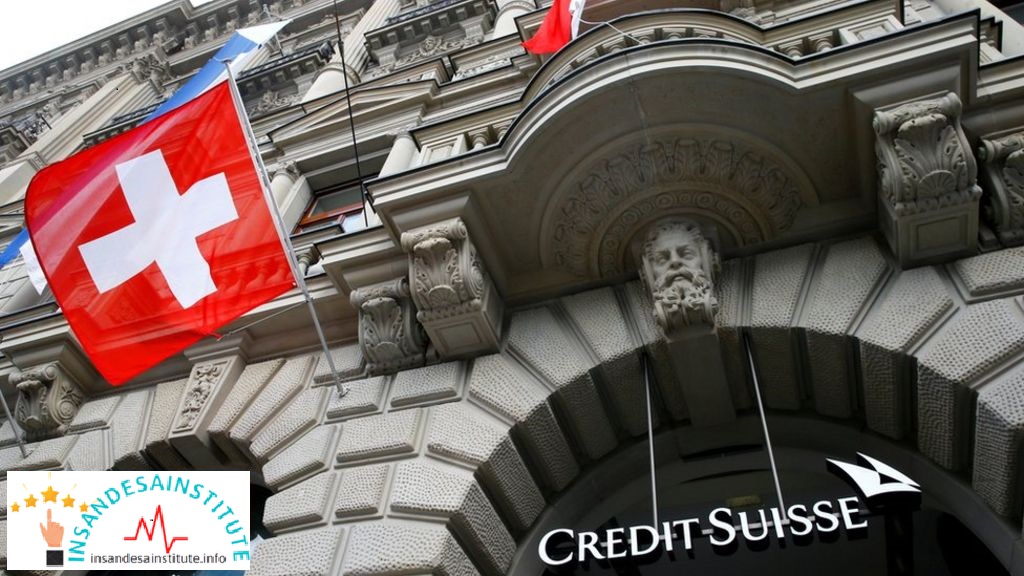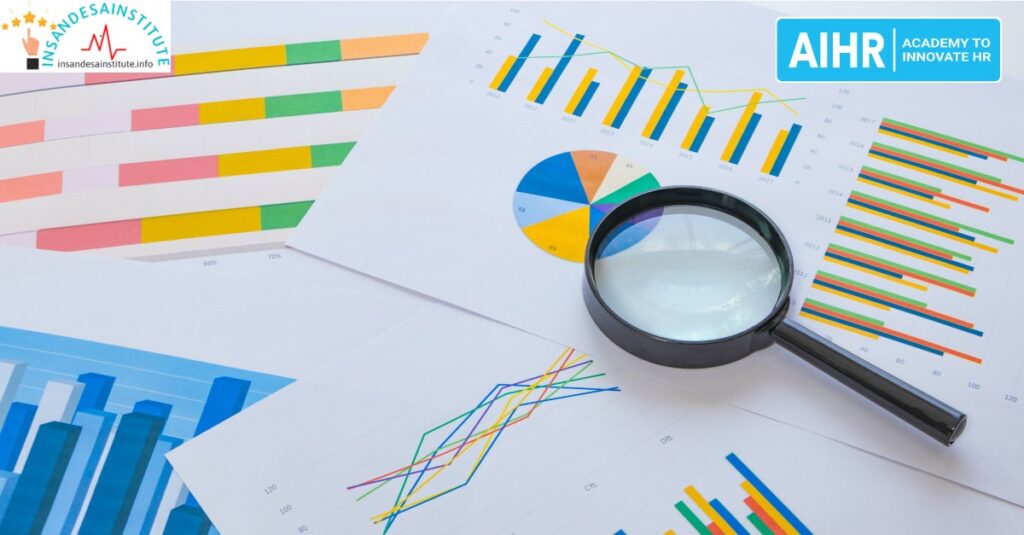Introduction
Recently, a massive data leak involving over 18,000 bank accounts with a total value exceeding $100 billion (₤73.6 billion) was brought to light by a whistleblower who shared the information with the German newspaper Süddeutsche Zeitung. This extensive collection of accounts includes both individual and business accounts, some of which date back to the 1940s. After months of rigorous investigation by nearly 50 media organizations, evidence suggests that Credit Suisse, the Swiss bank involved, had been facilitating illicit activities such as money laundering and drug trafficking. However, the bank vehemently denies these allegations, insisting that the claims are largely based on historical information taken out of context or misrepresented.
Questionable Business Practices
In their reports published by reputable media outlets like The Guardian and The New York Times, it has been alleged that Credit Suisse had knowingly opened and maintained accounts for high-risk individuals, including criminals and individuals connected to human trafficking. It is essential to note that holding a Swiss account is not inherently illegal, and the leaked information reportedly contains details of clients who have done nothing wrong. This extensive trove of data was shared with more than 40 media organizations globally through the Organized Crime and Corruption Reporting Project, a non-profit journalism group. The leaked information encompasses bank accounts spanning several decades, with the majority being opened after the year 2000. It is important to clarify that the leaked data does not include the bank’s current operations.
Credit Suisse’s Response
Credit Suisse has asserted that it has thoroughly examined a significant number of accounts potentially linked to the allegations raised. The bank reports that approximately 90% of the reviewed accounts have either already been closed or were in the process of closure prior to receiving media inquiries. Of these accounts, over 60% had been closed before 2015. The bank, however, refrains from commenting on the specific customers mentioned in the reports. Credit Suisse emphasizes its commitment to maintaining the highest standards of conduct, acknowledging its responsibility to its clients and the integrity of the financial system as a whole.
The bank further asserts that it has made considerable efforts over the past decade to combat financial crime, investing substantially in these endeavors. It believes that the media allegations are part of a coordinated campaign targeting not only Credit Suisse but the entire Swiss financial marketplace, which has undergone significant transformations in recent years.
The Motivation Behind the Leak
An anonymous source, whose identity remains unknown, explained their reasons for leaking the documents over a year ago in a statement to Süddeutsche Zeitung. They expressed their belief that Swiss banking secrecy laws are unethical, claiming that the notion of protecting financial privacy only serves as a cover for the scandalous collaboration between Swiss banks and tax evaders. It remains unclear whether the whistleblower is an individual or part of a larger group. The source also acknowledged that having an offshore Swiss bank account does not necessarily imply tax evasion or any other financial wrongdoing.
Credit Suisse’s Troubling Past
This recent scandal adds to Credit Suisse’s growing list of controversies. The bank has previously faced allegations of senior executives violating COVID-19 regulations and engaging in espionage activities targeting former employees.
Image sources: Credit, Swiss Bank



